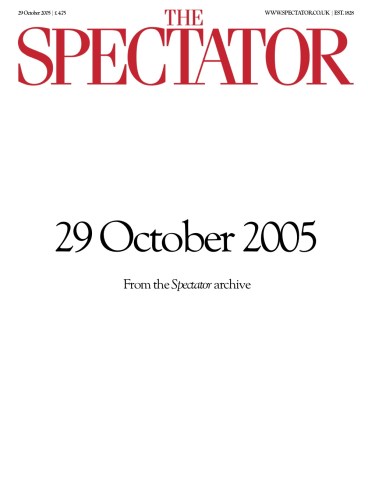How to ruin a good story
Buried within the pages of this book there lies an extraordinary story worth the telling, the bald facts of which require none of the elaboration to which they are here subjected. In 1896 a certain Anna Maria Druce, of 68 Baker Street in London, petitioned the home secretary to have her late husband’s coffin opened,

